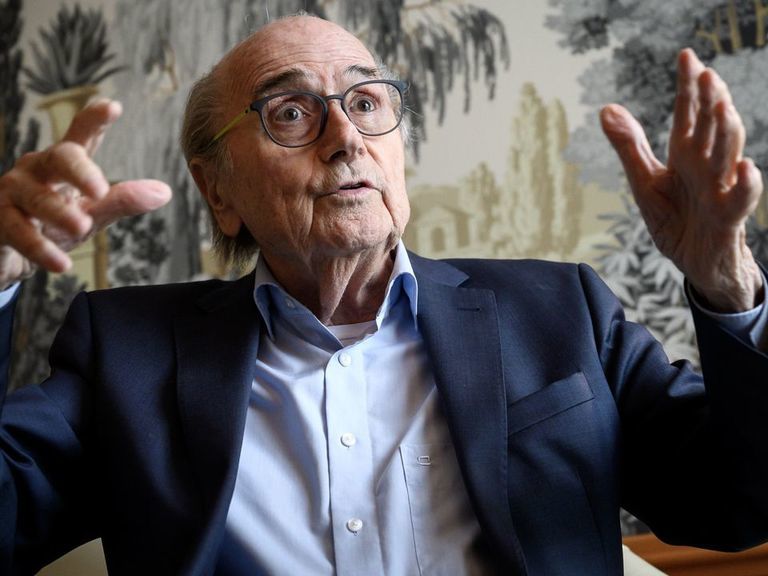METAIRIE, La. — Although the first big wave of free-agent spending has passed in the NFL, the New Orleans Saints’ biggest financial decision of the offseason is still looming.
Running back Alvin Kamara is heading into the final year of his rookie contract at the bargain rate of $2.133 million. So it seems inevitable that he will push for a long-term contract extension this summer.
Receiver Michael Thomas was in the same boat last year before he signed a record-breaking deal worth nearly $20 million per year. However, the math was a bit more predictable with Thomas’ deal. Kamara’s value is much harder to pinpoint because he plays such a unique role for the Saints — and because the entire RB market throughout the NFL is so difficult to pinpoint.
Here is a look at all the factors that should come into play:
Any chance the Saints trade Kamara?
This idea can’t be ruled out because we have seen the Saints trade dynamic playmakers like Brandin Cooks, Jimmy Graham and Darren Sproles in recent years. But so far, there have been no reports of any trade talks involving Kamara. And in all of those other cases, the Saints made their trades before the start of free agency to clear out salary-cap space and acquire draft picks.
How much is Kamara worth?
This is the multi-million dollar question, and it’s extremely hard to answer.
In one sense, you could make the argument Kamara is special enough to keep raising the RB contract bar –- which was set by Ezekiel Elliott last year when he signed a six-year extension with the Dallas Cowboys worth $15 million per year, with $50 million guaranteed.
• Most recent mock: Kiper » | McShay »
• Kiper’s Big Board » | McShay’s tiers »
• First Draft podcast » | Draft order »
• Full class rankings from Scouts Inc. »
More NFL draft coverage »
Gurley and Freeman were released, while Johnson got traded. Gurley then signed a one-year deal with the Atlanta Falcons that is worth between $5.5 and $6 million (though he’ll also make another $5.05 million that the Rams owed him before the trade).
Freeman, meanwhile, is still looking for work, while Melvin Gordon had to settle for a two-year, $16 million deal with the Denver Broncos and Jordan Howard a two-year, $9.75 million deal with the Miami Dolphins.
The Tennessee Titans used the franchise tag on free-agent running back Derrick Henry, which is worth $10.278 million for one year. And the Arizona Cardinals used the transition tag on Kenyan Drake at $8.483 million.
Austin Ekeler has a similar type of runner/receiver role as Kamara. But he’s not a perfect comp either because he was a restricted free agent when he signed a four-year, $24.5 million deal with the Los Angeles Chargers.
We’ll have a much better feel for the current state of the RB market over the next year, because Henry, Drake, Christian McCaffrey, Dalvin Cook, Kamara, Leonard Fournette, Aaron Jones, Chris Carson, Marlon Mack and James Conner are all eligible for extensions.
At some point, somebody from that group is going to have to go first, though.
What is Kamara’s value to the Saints?
Under the previous CBA, a player would lose an accrued season if he failed to report to training camp within 30 days of the start of the regular season (Thomas signed his new deal with the Saints before that deadline hit last year). Under the new CBA, however, a player will lose an accrued season if he fails to show up on his mandatory reporting date at the start of camp.
That means even if Kamara were to end his holdout and play a full season, he would become a restricted free agent in 2021 instead of an unrestricted free agent.
The other major change to the CBA regarding holdouts doesn’t affect Kamara because he is still on his rookie contract. Under the new CBA, daily fines are now mandatory for veteran players who hold out from training camp if they are on their second contracts or more.
Kamara would be subject to daily fines of $40,000 if he skipped training camp, but the team would have the ability to rescind those fines if they work out an extension.


